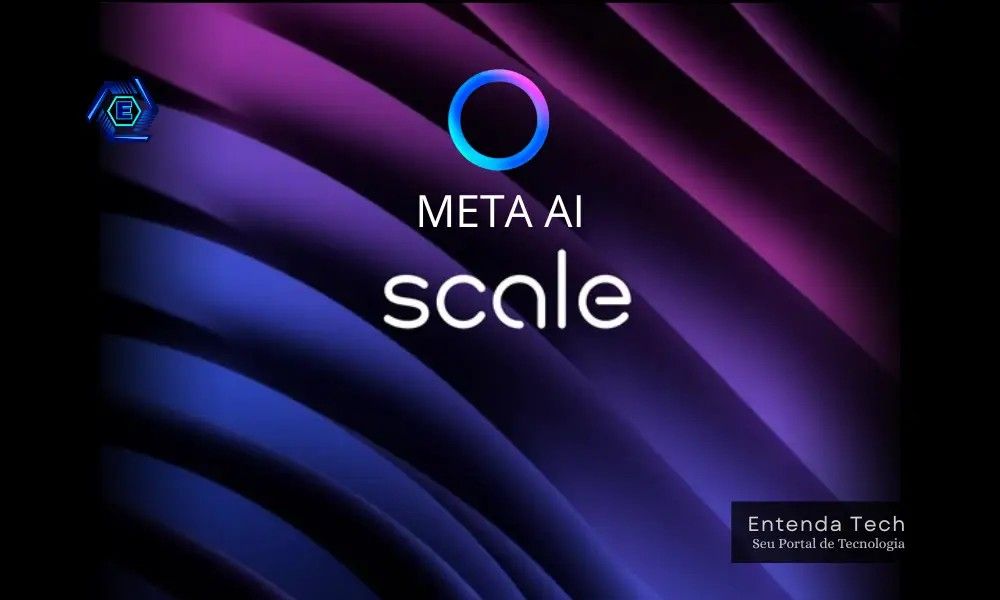
From Alliance to Alienation: Issues arising between Meta and Scale AI
Sep 2, 2025 |
👀 97 views |
💬 0 comments
The social media giant is reportedly pulling back from its massive deals with the data labeling unicorn, signaling a major strategy shift in the high-stakes AI arms race.
In the world of artificial intelligence, data is king, and for years, Meta has relied on a key kingmaker: Scale AI. The San Francisco-based startup, valued at over $7 billion, rose to prominence by providing the essential, labor-intensive work of data labeling—annotating vast quantities of text, images, and video to train sophisticated AI models. This partnership was crucial for developing everything from Meta's content moderation algorithms to its flagship Llama family of large language models.
Now, significant cracks are forming in this foundational alliance. According to recent reports, Meta is drastically scaling back its relationship with Scale AI, a move that sends shockwaves through the AI supply chain and reveals a fundamental shift in how Big Tech is approaching AI development.
The Core of the Conflict
The partnership, once a cornerstone of Meta's AI strategy, has reportedly soured as Meta moves to bring more of its data operations in-house and diversify its external vendors. Sources suggest that Meta has wound down several large-scale projects with Scale AI, opting instead to build its own internal data labeling teams and distribute smaller contracts to other firms, such as Appen.
This strategic pivot is not just about one contract; it's about control. As AI models become more powerful and central to a company's future, relying on a single external partner for the most critical ingredient—high-quality, curated data—is now seen as a significant risk. For Meta, controlling its data pipeline from start to finish ensures greater security, customization, and, crucially, cost management.
Why the Change of Heart?
Several factors appear to be driving Meta's decision:
Cost and Efficiency: Mark Zuckerberg's push for a "year of efficiency" has put all major expenditures under the microscope. Outsourcing data labeling at the scale Meta requires is incredibly expensive. Building an in-house capability, while requiring significant upfront investment, is seen as a more cost-effective solution in the long run.
Strategic Independence: The race to build the most powerful AI is fierce. By owning its data labeling process, Meta can more nimbly and secretly fine-tune its models, like the upcoming Llama 3, without being beholden to an external company's timelines, priorities, or potential security vulnerabilities.
Quality Control: While Scale AI is a leader in its field, managing the quality and consistency of data labeling across massive, outsourced teams can be challenging. An internal team allows for tighter feedback loops and more direct oversight, ensuring the data is perfectly aligned with the specific needs of Meta's researchers.
A Heavy Blow for Scale AI
For Scale AI, the pullback from one of its largest and most high-profile clients is a substantial blow. While the company still serves a diverse roster of clients, including the U.S. Department of Defense, OpenAI, and General Motors, the loss of Meta's sheer volume of work will undoubtedly impact its revenue and growth trajectory.
This development raises broader questions for the entire data-labeling-as-a-service industry. If a tech giant as large as Meta decides to insource this critical function, will others like Google, Microsoft, and Amazon follow suit? The business model that turned Scale AI into a Silicon Valley unicorn may be facing its first major existential threat as its biggest customers decide to build rather than buy.
The Bigger Picture: A Shifting AI Landscape
Meta's move is more than just a vendor dispute; it's a barometer for the maturation of the AI industry. In the early days, companies were happy to outsource non-core functions. Today, as AI becomes the core function, vertical integration is the new imperative. From designing their own silicon chips to curating their own data, tech titans want to own every single step of the AI value chain.
As the dust settles, the rift between Meta and Scale AI will serve as a cautionary tale. For startups, it highlights the danger of relying too heavily on a single massive client. For the tech giants, it signals a new era of self-reliance as they gear up for the next-generation battle for AI supremacy.
🧠 Related Posts
💬 Leave a Comment
